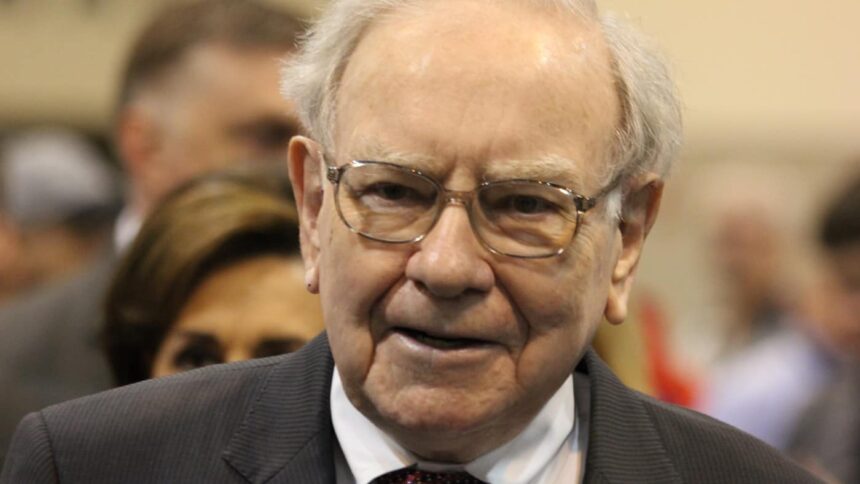
Image source: The Motley Fool
If I had never invested before, I would try to learn from proven masters like Warren Buffett. He has made billions in the stock market in the course of his lifetime.
One way I could try to put the Buffett technique into practice is starting with £500 and aiming to double it.
Getting ready to invest
To buy any shares, I would need some sort of trading account.
So my first move would be to set up a share-dealing account, or Stocks and Shares ISA.
Sticking to knitting
Buffett emphasises staying inside our circle of competence when investing. We would not try to fly a plane just because we have a driving license, or build a house because we know a bit about plumbing.
So why put money into a business we do not understand and cannot assess? In Buffett’s view, that is speculating not investing.
Invest for the long term
How might I actually double my £500 in practice? For that to happen, either the value of my share portfolio needs to go up, or I need to earn enough dividends from the shares I own.
I could aim to speed up the process by reinvesting those dividends, something known as compounding. But doubling my money would still be a goal for the long term.
If I earned 10% a year in dividends (the current yield from Vodafone shares, for example), it would still take me eight years to double my money due to the compounding dividends.
That example presumes not only that the share price remained constant, but the dividend was maintained. In practice, dividends are never guaranteed.
Buffett adopts a timeframe of years or decades when investing. He has said that his favourite holding period ‘is forever’.
That is because he buys into what he sees as great companies with enduring business prospects. If he is right, it makes sense to own his stake for many years. If the company does better and better, that could help boost the share price.
Valuation drives investor returns
It does not always work that way though. Sometimes, a share is priced so highly that even if I buy it today and the business performs well in the next decade, my stake could be worth less than I paid for it.
Buffett focuses a lot of attention on trying to decide what he thinks a company’s fair valuation is before buying its shares. I do exactly the same.
There are different methods to try and do this, like comparing the current share price to expected earnings, or free cash flow per share. Whatever methods used, I think the key point is that it is important to try and value a company somehow.
That helps investors assess whether its shares seem attractively valued.
For Buffett, a rewarding investment is not just about finding a brilliant business. It involves buying into a brilliant business at an attractive price.








